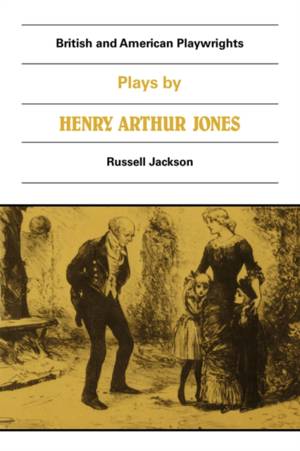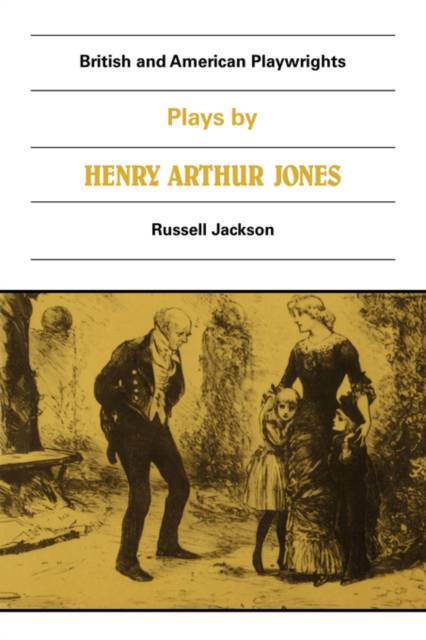
- Afhalen na 1 uur in een winkel met voorraad
- In januari gratis thuislevering in België
- Ruim aanbod met 7 miljoen producten
- Afhalen na 1 uur in een winkel met voorraad
- In januari gratis thuislevering in België
- Ruim aanbod met 7 miljoen producten
Omschrijving
This volume contains three of Jones's ninety-odd plays, representing the best of his work in different styles: melodrama and society drama. The Silver King (1882), the story of Wilfred Denver, falsely accused of murder, was Jones's first great success. It is one of the best melodramas ever written, and won high praise from Matthew Arnold, among others, for its literary merit and convincing characterisation. (An appendix describes the evolution of the present text). Jones's interest in the 'New Women' of the 1890s is expressed in the lively dialogue of The Case of Rebellious Susan (1894), whose heroine is advised to renounce her new lover and return to her faithless husband - scarcely a radical conclusion, but sympathetically handled. The Liars (1897) is a fine comedy of manners which again considers the question of marriage and the role of women in society.
Dr Jackson's full introduction places Jones in the context of late Victorian society and theatre and describes his other literary activities -- the published letters and essays on drama -- as well as discussing some of the plays not included here. The volume is illustrated by contemporary production prints.
Specificaties
Betrokkenen
- Auteur(s):
- Uitgeverij:
Inhoud
- Aantal bladzijden:
- 240
- Taal:
- Engels
- Reeks:
Eigenschappen
- Productcode (EAN):
- 9780521299367
- Verschijningsdatum:
- 9/09/1982
- Uitvoering:
- Paperback
- Formaat:
- Trade paperback (VS)
- Afmetingen:
- 153 mm x 229 mm
- Gewicht:
- 385 g

Alleen bij Standaard Boekhandel
Beoordelingen
We publiceren alleen reviews die voldoen aan de voorwaarden voor reviews. Bekijk onze voorwaarden voor reviews.









